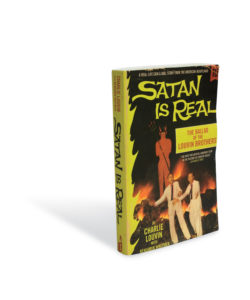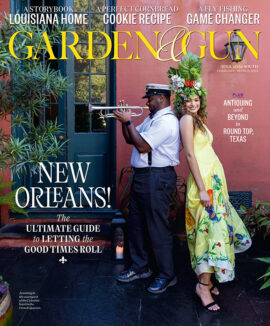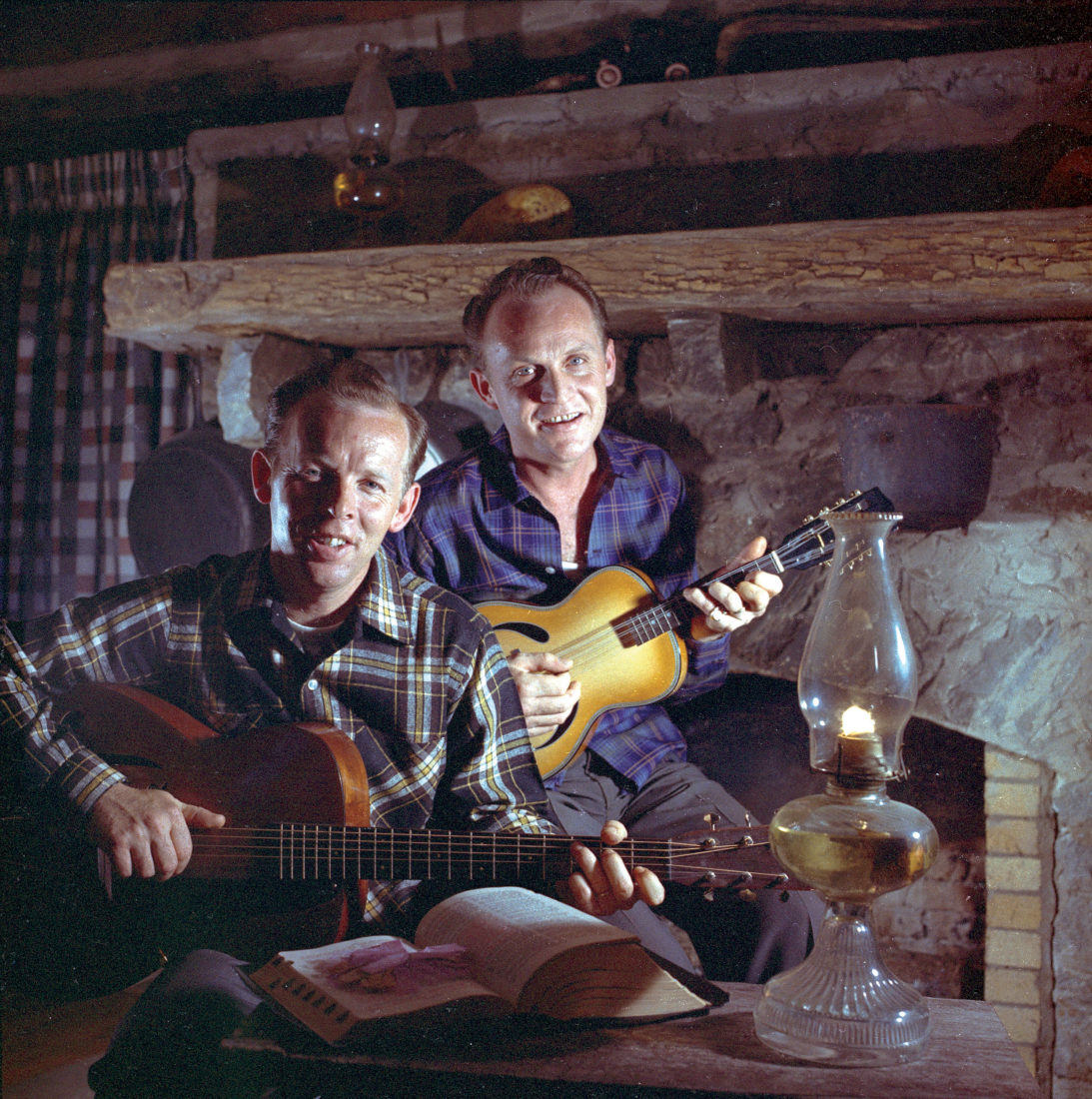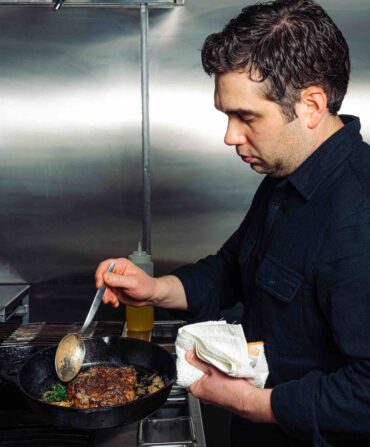There is Country Music One—traditional. And there is Country Music Two—modern.
Many fans of Country Music One (a few may be fans of Country Music Two) have spent hours listening to the Carter Family and Hank Williams and the Louvin Brothers, musicians who flourished prior to the ’60s. These fans are drawn to sentimental (but solid) and undressed lyrics, rock-bottom sin and salvation gospel songs, simple accompaniment, instrumental music, and tunes like “Knoxville Girl”—a version of an ancient English ballad. Serious CM One fans are familiar with Ira Louvin’s mandolin playing (and know that in 1958 a record producer discouraged him from playing it so that his and Charlie’s music would be more digestible by CM Two fans).
Because tastes in music are so variable, there is no end to adversarial comparisons between One and Two. (Unfortunately, some people, turned off by modern country music, are unaware of the richness of traditional country.) What seems clear is that at some point in the mid- to late ’50s, rock and roll and electric instruments began taking a toll on the purity of what came before, leading Charlie Louvin, the author, along with Benjamin Whitmer, of Satan Is Real: The Ballad of the Louvin Brothers (Igniter), to say, “Country music ain’t country music now.”
 “The purity of what came before”—applied to any art—sounds so familiar we tend to discount it. But if we tune in the Carter Family and Hank Williams and the Louvin Brothers while we unharden ourselves (the more “intellectual” among us, that is) to the power, sincerity, and intensity of gospel music lyrics, melodies, and harmonies, we just might find ourselves open to a simplicity and directness that can help us live right.
“The purity of what came before”—applied to any art—sounds so familiar we tend to discount it. But if we tune in the Carter Family and Hank Williams and the Louvin Brothers while we unharden ourselves (the more “intellectual” among us, that is) to the power, sincerity, and intensity of gospel music lyrics, melodies, and harmonies, we just might find ourselves open to a simplicity and directness that can help us live right.
Pull up some Louvin Brothers tunes and listen carefully to Charlie’s voice (the low one). There is the warmth of cigarette smoke in there, something of the George Jones sound that Charlie got from somewhere, and listen to Ira’s high tenor voice—you can hear Mother Maybelle Carter, a smidgen of loneliness, sadness maybe.
In the sounds of the Louvin Brothers you’ll find a pure representation of Country Music One, and in the pages of Satan Is Real you learn of the brothers being called to music, their passion for that calling, of the brothers’ early years with a cotton-farmer papa who beat them unmercifully, of their boyhood dreams—dreams born as they stood in their front yard and watched Roy Acuff’s air-cooled Lincoln drive by, headed to a nearby high school auditorium concert where the boys later couldn’t afford a ticket. They stood outside and listened.
When I opened this book and saw there were fifty short chapters, I was afraid the book might read like a dull diary, sketchy notes to be loved by only family members. But…oh no! Heavens, no. This book is full of drama, of gripping and funny scenes, of insights and gossip. Here are Johnny Cash, George Jones, Fred Rose, Bill Monroe, Roy Acuff, Ernest Tubb. And Little Jimmy Dickens beating up big Webb Pierce. We are backstage with Elvis. We watch thrown-against-the-wall mandolins splinter. We are there as Ira gets shot six times by his third wife. (On one occasion, not six. He survived—to die in a 1965 car crash.)
And for certain gentle readers, I must tell you that Charlie, a good Christian man, uses plenty of salty language, so be prepared for that—and get ready for insights that are refreshingly void of fancy talk: “In this world, you can get as much justice as you can afford, and if you can’t afford much justice, you won’t get much.”
Satan Is Real brings us a lively and never-lagging story. Even though Charlie passed away in January of 2011, the American South is lucky to still have traditional country musicians performing among us, some young ones even. They and their ancestors will find us if we listen with open heads and hearts.








